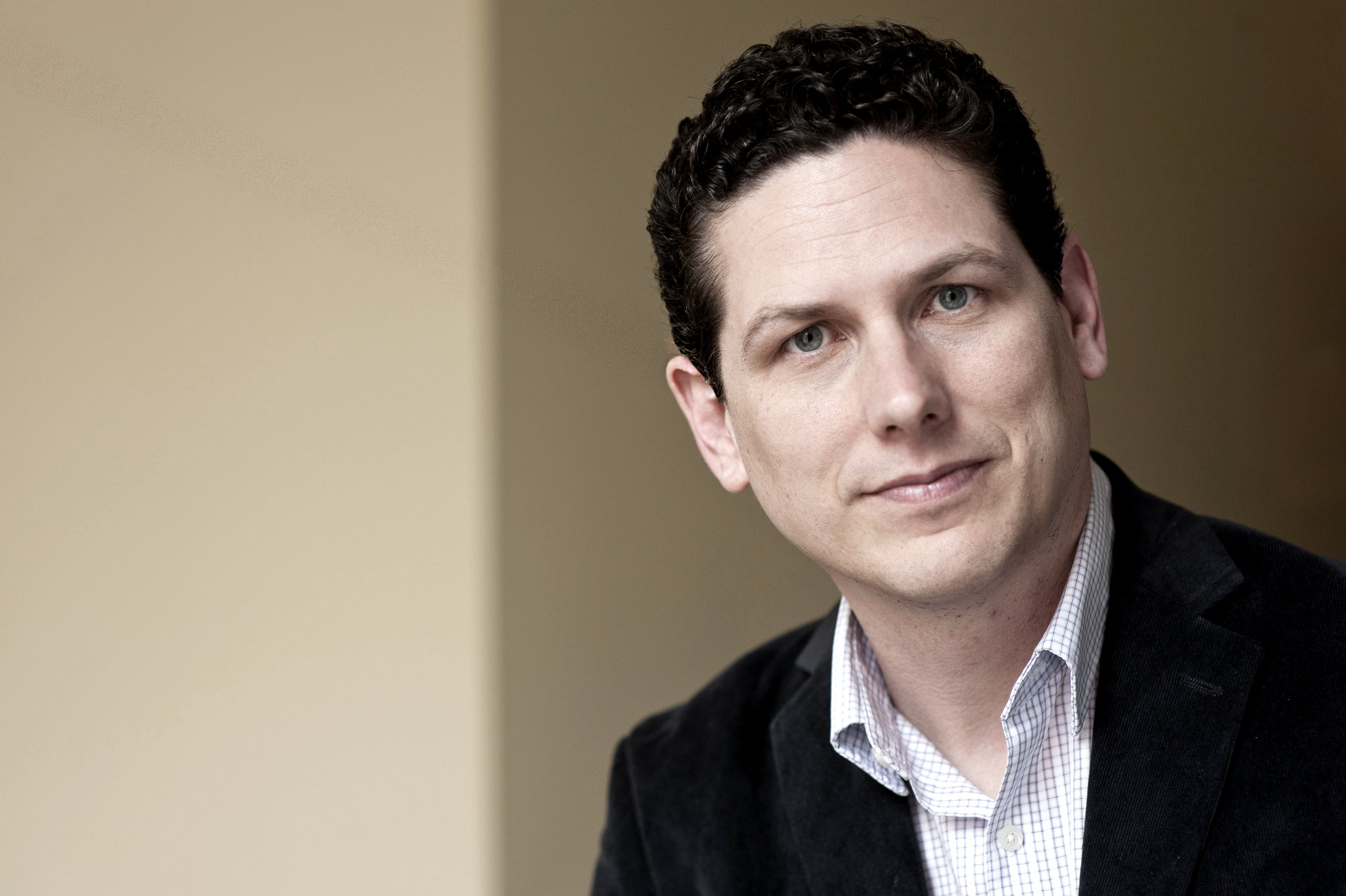Jeffrey Douma on conducting the human voice
Conductor Jeffrey Douma may have grown up playing the cello, but when he was a junior in high school, he heard a really good choir and that, as they say, was that. “The first time I really heard a good choir, I realized how remarkable the sound of an a cappella choir could be,” he says, noting he had always sung but never taken it seriously. “I realized that’s where my heart was.”
“I love orchestral and instrumental music, but I do think there’s something even more direct and emotionally profound about the sound of human voice,” he continues. “It’s very personal and also very mysterious."
While some might assume that singing is easier to do than, say, playing the trombone, Douma doubts it. “Most people don’t have a lot of ideas of how vocal sounds are produced,” he says. “As I’m speaking to you, I’m creating all these different vowels and consonants. My mouth and tongue are creating a complicated series of small manipulations to create these sounds.” Those movements only get more complicated when you add pitch to the muscular equation. “It makes singing far more difficult than people recognize,” Douma says. “I would argue that performing in a vocal ensemble is harder than performing as an instrumentalist. Singers can't see what’s happening. As a cellist you can see what the bow is doing or what the fingers are doing. As a singer, we don’t have any of those advantages. We have to get at all the sounds indirectly.” The effort, though, is worth it, Douma says.“Nothing is more beautiful than a group of singers listening intently to each other,” he says. “I think it’s a sound that when it’s produced well, it affects on everyone deeply.”
Douma, who directs the Yale Glee Club and is an associate professor of conducting at the Yale School of Music, is especially excited about this summer’s choral concert when he will conduct Martin Bresnick’s new piece, Whitman, Melville, Dickinson — Passions of Bloom on June 21 at the Norfolk Festival's Music Shed. “It’s the most ambitious new work that choral artists have performed,” he says. “It’s probably the most ambitious I’ve ever conducted.”
Modeled structurally on Bach’s St. John Passion, the piece describes the literary work of these three American literary icons rather than describing the life of Christ. In a Bach passion, a soloist — the tenor (James Taylor) — plays the role of the evangelist/narrator of the story. “Martin is using that idea but the evangelist is Yale professor Harold Bloom,” Douma says. “In his own way, throughout his career, he has been an evangelist of literary figures like this.”
A longtime champion of new music, Douma knows full well the challenge of presenting contemporary music to audiences. On the other hand, it’s really not that different today than it was for Beethoven or Rachmaninoff. “That’s the most important role for a conductor for any repertoire,” he says, “whether it’s a brand new piece no one has heard or you’re doing the Messiah or Mozart’s Requiem. Every decision you make is about communicating. When you get down to the fundamentals, that’s the point of music making and all art—someone is establishing a connection with the person who’s listening or receiving the art. If I’m doing my job, every decision I make about tempo, tone color, dynamics, and text with choral music—all of it is guided by that desire to bring the listener in, help them connect to the music, and ultimately communicate something to them that will resonate.”
Choral artists are luckier than instrumentalists in that regard, Douma says. They have far more repertoire to choose from. “If you stopped at the year 1600, choral musicians would already have huge amount of repertoire,” he says, noting that 15th vocal polyphony was a composer’s main avenue to make huge musical statement. In contrast, orchestral composition starts in the 1700s. “There’s lots for Baroque specialists but not a lot for orchestra folks,” he says. “It’s only in the 19th century that things start to heat up for orchestras.”
Today, many contemporary composers are drawn to choral music because, Douma says, they can compose a four or six minute work for choir that may get programmed all over the world. “A five minute orchestra work isn’t going to find a performance home quite as readily,” he says.






